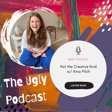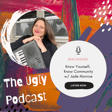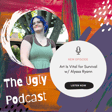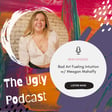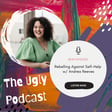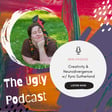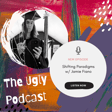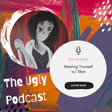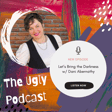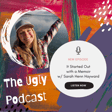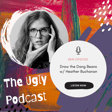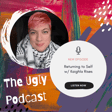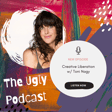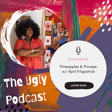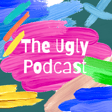
Imposter Syndrome w/ Leisa Greene
Leisa Greene, the founder of Indie It Press, spent the first forty-one years of her life completely unaware that she had anything creative to offer the world. Coming into her creativity later in life, Leisa immediately felt the imposter syndrome. “Who do I think I am?” “I haven’t been dreaming of this since I was a kid, so I must not be a real writer.” In learning to navigate the creative process, she began learning more about imposter syndrome and how all artists of every medium and every level experience imposter syndrome. And in fact, the antidote–if there is any–is to simply realize that we’re not alone. We talk about the origins of Indie It Press, a platform for indie artists who struggle with imposter syndrome, which aims to rip down the gates that prevent so many new writers from pursuing their dreams by giving them a place to share their work, get published, and improve their craft.
When Leisa joined me for this episode, I thought we’d be talking about the imposter experience–and we did, don’t get me wrong–but what we ended up connecting over the most was our deep gratitude for this creative life we get to explore. Our conversation turned into a joyful celebration of why we keep going even though we feel like we’re frauds. And that’s what you deserve too! Because even though we might always feel like imposters, expressing our creativity is also where we find the most belonging.
You can connect with Leisa on Instagram @indieitpress or indieitpress.com or follow her personal Instagram page @leisa_greene. This year with Indie It Press is the Year of Creativity, and they’re offering new membership packages and courses for writers to advance their skills and join a community of creatives. Head to their website to learn more!
